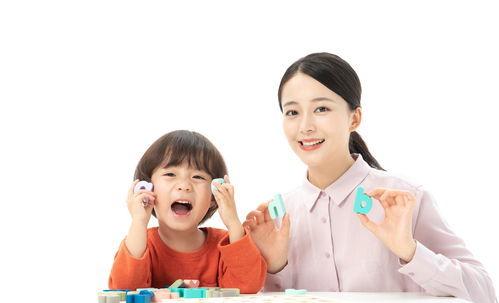Children's sensory system disorders seriously affect children's learning and interpersonal communication, even if children have normal or even ultra-long IQ, but due to poor coordination of the brain, it will also affect the normal development of attention, intelligence, memory, language expression ability, and in severe cases, it will also cause interpersonal sensitivity, social withdrawal, psychological disorders, etc.
Today, I take this opportunity to list the 10 manifestations of sensory system disorder that children are most likely to appear and that parents are most likely to ignore, and I hope that parents and friends will pay more attention.
1. Fear or even avoid movement
Children naturally love to play, but there is always such a type of child who does not like sports; At this time, parents take it for granted that the child is lazy.
However, if your child not only avoids sports, but is also afraid to climb the facilities in the playground, does not like noisy games, is afraid of swinging, etc.; It is likely that they are grasping the balance of the body and increasing the consciousness of the body by avoiding the input of vestibular and proprioception (that is, our sixth and seventh senses).

2. When you see, taste or smell food, you want to vomit
Sometimes, parents feed their children to eat, it is a "big war", some children not only do not like to eat, but also will see, taste or smell food and want to vomit. This condition is not necessarily a sensory system problem, but if you vomit every time you face food, it is likely because of the burden on the oral system.
3. Walk on tiptoe often
Some children like to walk on their feet, and parents will generally think that the child is naughty, or the child thinks it is funny. In fact, children walk on tiptoes, usually because they are too sensitive to the feeling of their feet touching the ground, so they prefer to minimize contact with the ground. Sometimes, they like the increased pressure on the ankle bone when tiptoeing, which is the feedback of increased proprioception.
4. Clumsy
Many parents mention their children and often say "Oh, my child is not very flexible, clumsy" and say so, and they don't think it is the same thing in their hearts.
If your child is more prone to falling than the average child and always stumbles, there may be many reasons behind this. One of the most overlooked reasons is that there may be a disorder in the child's proprioception and vestibular sensory systems. It is necessary to take the child to the hospital for examination in time to avoid affecting the healthy growth of the child.